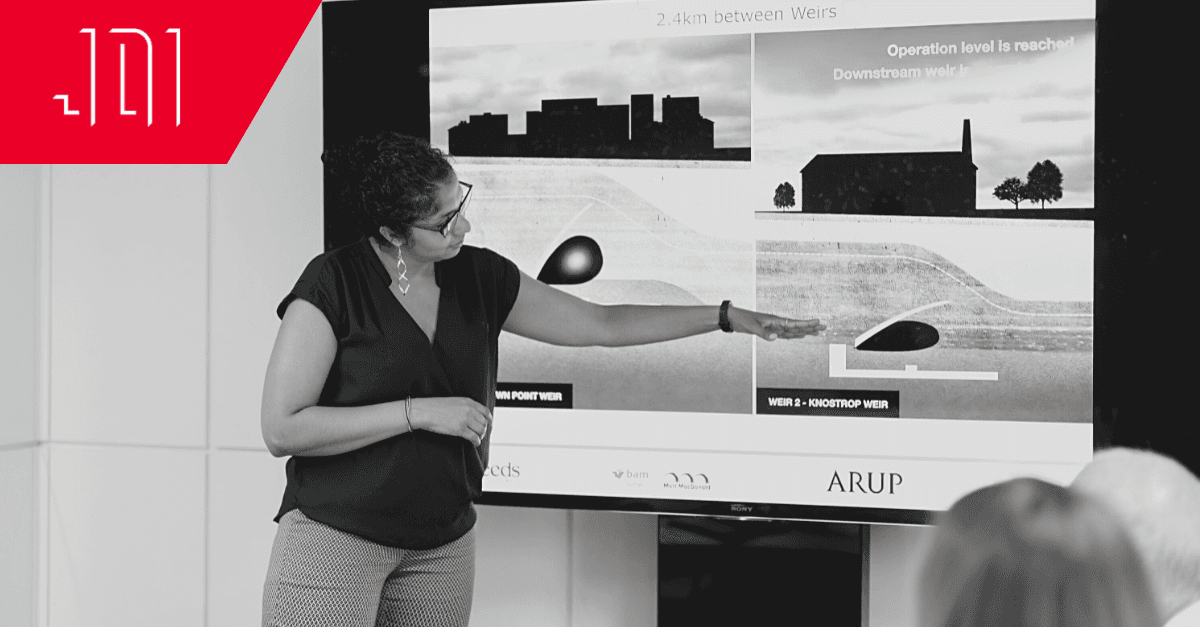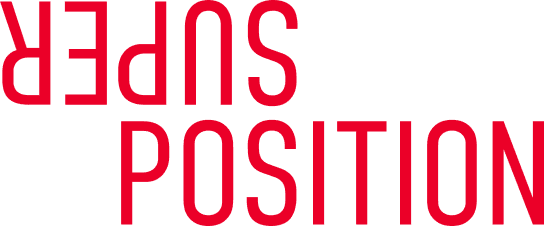Science Communication: Time to Study This Emerging Discipline
Science communication is a multi-faceted form of communication that helps audiences understand the complexities of science. This spans all scientific fields– from disseminating the in-the-weeds research in medical and scientific fields, to getting consumers to understand why they need the latest generation of a technological product. Scientific communication also helps us separate fact from fiction, and it provides us with a vital understanding of the world around us.
In academia, science communication is becoming an increasingly popular and important field of study. The realms of science and technology are ever-changing, faster than most can keep up. The demand for science communicators is crucial in the face of the privatization of science and technology. As a relatively new discipline, it is very exciting that universities are introducing such programs as this helps ensure a future where science is accurately and effectively conveyed to the masses.

If you are looking for opportunities to develop new skills in science communication, here are some of the best resources available across higher education, workshops, and professional development courses.
Higher Education: Degrees, Minors, and Certificates
Many top tier organizations are offering degrees, minors, and certificates in science communication:
- Stony Brook University: The Alan Alda Center for Science Communication
- Stony Brook University: Master of Science in Science Communication
- The University of California — Santa Cruz: Master of Science in Science Communication
- University of Wisconsin-Madison: Bachelor/Masters of Science in Life Sciences Communication, Ph.D. in Mass Communications: Life Sciences Communication
- The University of Texas at Austin: Science Communication Minor
- The University of California — San Diego: Science Communication Specialized Certificate
- University of Maryland: Science Communication Graduate Certificate
- Columbia University: Masters of Arts- Science Concentration
Workshops
If you are looking for ways to build your science communication skills, here are some excellent workshop options:
- COMPASS: Message Box Workshop and customizable trainings
- Harvard University: ComSciCon-Flagship 2022
- American Association for the Advancement of Science: Virtual workshops
- The Science Communicator: Workshops
Online Courses
Science communication can also be for switchers or people looking to improve their breadth of expertise, or just add a few more certifications to their resume. Check out these online courses below:
- ASMB: The Art of Science Communication eight-week course
- Coursera: Designing Effective Science Communication
- Futurelearn: Science Communication and Public Engagement
While this is still an emerging discipline, it’s clear that science communication is also an area for lifelong learning and professional development. Skills science communicators are known for include adaptability, critical thinking, writing, creativity and research. These skills are the bread and butter of many fields, but the science and mathematics experience that they possess lets them communicate complex concepts in an engaging and accessible manner.
Science communicators are the bridge connecting the general public to advanced breakthroughs that directly impact all of our lives. Fortunately, there is a growing arsenal of resources available to everyone– making sure that breakthrough science will be well known and well understood.



